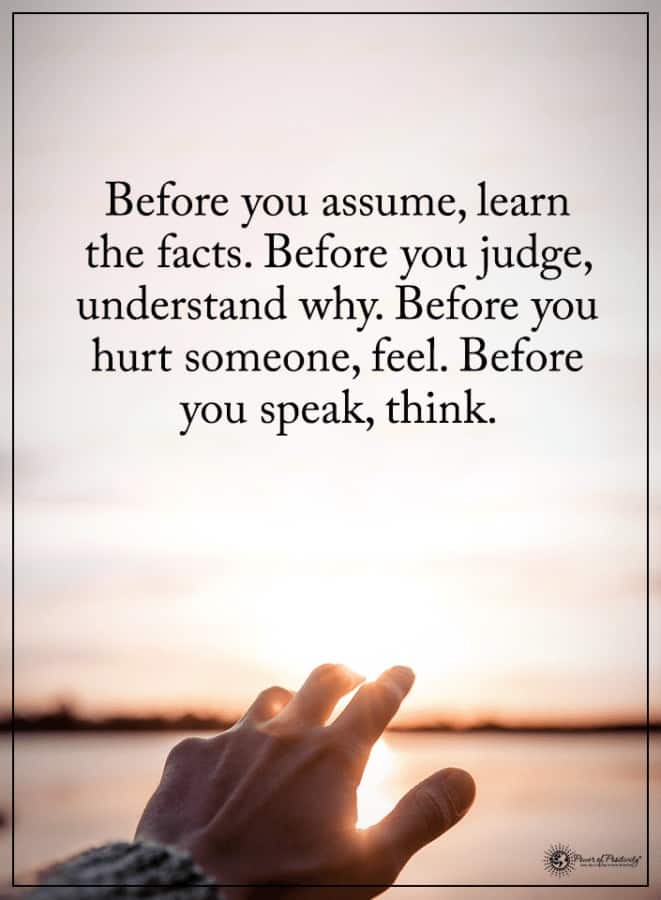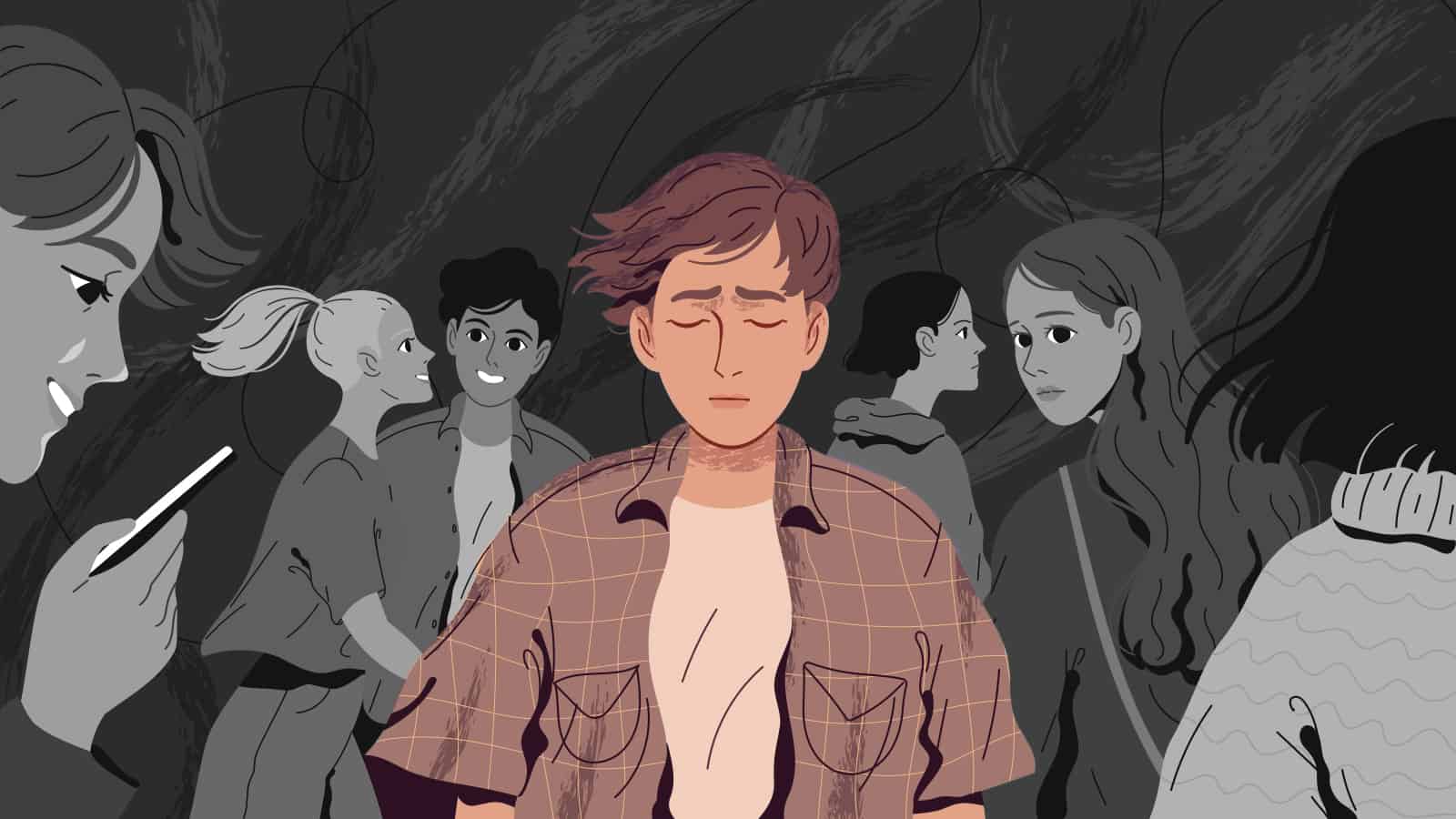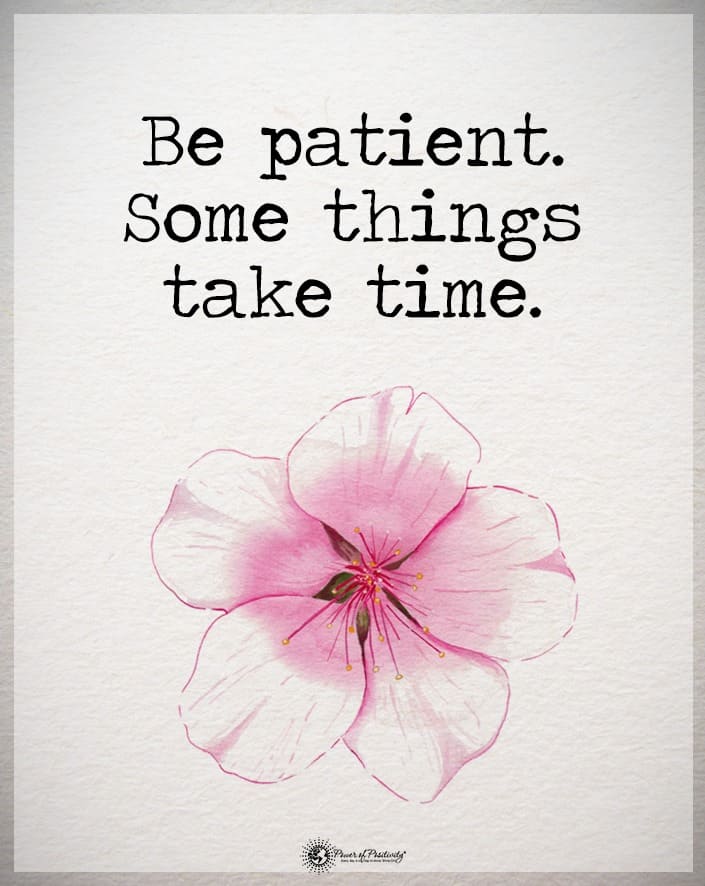Social phobias are a group of phobic disorders characterized by fear. Living with these conditions means that you’re always afraid of what others think or say about you. The most common social phobia is a social anxiety disorder, ranging from mild to debilitating.
Do you know that there are people in this country who can’t go to the mall, get on the freeway, or enjoy going out to eat with their families? It’s because the fear of not being able to escape these public situations inhibits them from living. Each person has different fears, but many social phobias follow a similar progression.
The Difference Between Shyness and Social Anxiety Disorder
If you’re a shy person and feel awkward in a crowd, it’s not as severe as someone who has a phobia of social situations. Sure, being timid can make you uncomfortable and anxious, but the difference between being shy and having a disorder is night and day.
Someone shy will experience some mild symptoms when there in certain situations. However, a person with a social fear has a debilitating mental condition impacting every facet of their life. Suppose you were to examine a scale based on the two people’s anxiousness.
Shyness would be at the lower end of the spectrum, while a social disorder would be higher. Remember that being shy means having some unpleasant symptoms, but the feelings are not paralyzing enough to keep you from returning. Perhaps you hate the doctor’s office because of all the people in the waiting room, but it doesn’t bother you enough to keep you from going back.
A person with a phobic disorder will change their life and patterns to cope with intense fears. They will take extreme measures and rearrange their life to accommodate their mental illness.
Thirteen Signs That Reveal Social Phobia
Have you ever had social fears that overwhelm you? Do you suffer from phobias that limit or impact your life significantly?
Some say that socially intelligent folks who learn to control their emotions can conquer these issues, but knowing the signs of what you’re dealing with is an excellent place to start. Here are the most observed symptoms of a social panic disorder.
- Racing heart
- Can’t focus or concentrate
- Profuse sweating, including but not limited to the palms
- Flushed or reddening of the face and body
- Tremors and shaking
- Choking sensations
- Heaviness in your chest area
- Dry or cottonmouth
- Dizziness or feeling faint
- Clumsy
- Rapid or disorganized speech
- Muscle pain and tension
- Headaches
In most instances, these feelings will subside when you remove yourself from the situation. Additionally, a coping skill that many people use is to reset their bodies by taking a nap. When you’re resting, your body is at the point of total relaxation, and you can get rid of much of the angst you feel.
Emotional Indications of Social Phobia
While you know about the physical signs and how they can impact you, what about the mental issues this phobia causes? These can be just as powerful and can cause you to limit your interactions with people. You may develop such an intense fear of being judged that you avoid public places, like restaurants, concerts, or anything out of your comfort zone.
You may have a challenging time at work because you feel inferior around persons of authority. Many individuals with social phobias are afraid that people will notice their intense anxiety and judge them. It’s commonplace for these folks to let others walk all over them, as they’re too afraid to speak up for themselves.
Being asked to give a public speech or do a work report involving a demonstration can cause a commotion. The fears can be so bad that they might consider quitting their job to get out of it. These folks don’t like to be the center of attention. In fact, even praise or applause is too much to handle.
Another thing that people with these phobias do is fear stuff before it even happens. For instance, you’re taking your children to an amusement park for the day. Your anticipatory fears are overwhelming you, and you’ve already worked the situation up until a full-blown panic before you leave.
You’ve mapped the route, studied the traffic patterns and road closures, and made sure you know about the check-in procedures. You can’t handle any surprises as it sends your fears into orbit. You must remember that these anxieties are not reality, but your brain magnifies your fears and triggers painful thoughts and feelings.
Avoidant Behaviors
Avoidance behaviors become commonplace with social phobia. People who have this disorder avoid specific places and larger crowds. This disorder makes having friendships, dating, and getting a higher education extremely difficult.
While the person needs to function, they choose the path of least resistance. They have a list of “dangerous” social situations in their mind, and they do everything in their power to limit exposure. Have you ever wondered about the places and things that folks with social phobias avoid? Here are the most common:
- Parties
- Being with strangers
- Authoritative people or those that are well accomplished
- Making conversation with new folks
- Large stores or ones that are overly crowded
- Job interviews
- Public speaking or performing
- Family reunions or meeting up with distant relatives
- High school or college reunions
- Concerts
- Banks or government offices
- Social media and chatrooms where they can be judged
- Checkout lines
- Malls
- Doctor’s offices or hospitals
- Dating
- Driving

If they go to these places or experience these situations, they do so with a supportive partner. This person is a family member or friend who will be there should they fall to pieces. The phobia becomes debilitating because they can’t go anywhere without that support person, and these irrational fears take over their entire life.
Common Social Phobia Scenarios
Sometimes a story can help illustrate things and put them into a better perspective for you.
According to an article published by the Mayo Clinic, both examples below could indicate agoraphobia, a social phobia. They both fear and avoid places where they feel another take may happen, and they will be trapped.
Fear of Crowded Places
Linda was a mother of three who was doing her grocery shopping. She made it through the first few aisles of the store, but by the time she turned down the cereal aisle, she knew something wasn’t right.
Her head was hurting, her chest felt heavy, and her heart was racing so bad she felt like she couldn’t breathe. Since she had her children with her, she feared they would see her die. The room was spinning, and there were people all around.
Linda managed to make it to a bench to calm herself. She felt for sure the end was near, but she had issues with panic before, so she hoped things would stop. The attack lasted for around ten minutes, and she finally felt well enough to get up and finish shopping.
Though weary, she vowed if she ever got out of that store, she would never come back. A couple of essential things happened here that will alter her views. First, Linda will forever associate the grocery store with panic attacks. Second, she will go out of her way to avoid going to the store.
Though she’s been to that supermarket hundreds of times. But all it took was ten minutes of irrational fears to change her views forever.
The Freeway Nightmare
Adrian just got her tax refund check, and she was on her way to buy a new purse. She was excited as she paid off all her debt, and life was good. She had her four-year-old daughter with her, Abby. Right when Adrian got to a busy intersection, her head started spinning.
Her heart was racing, and she felt like she was going to pass out. She decided it was better to take flight rather than fight, so she opened her car door to run down the expressway. She remembers that she couldn’t run because her daughter was in the car.
Adrian made it through the intersection and rested in a nearby parking lot. She was so weak and sick that she had to call a family member to drive her to safety. That day forever changed the mindset of this once fearless driver, as she was always waiting for another attack.
It’s been more than six years now, but she still doesn’t drive very much. She only drives on country roads, and she makes sure that she always has an easy way to exit. Though she was always a socially intelligent person, these fears have paralyzed her to the point of being nearly housebound.
Final Thoughts on Recognizing a Social Phobia
What have your experiences been with panic, and what steps have you taken to ensure it doesn’t control your life? Social phobias come in all shapes and sizes. One person might have some slight shyness that makes them nervous, while another person can’t leave their home because of their intense fears.
The most important thing to consider is that all these conditions are treatable. According to NHS Inform Health, you can do things to combat your social phobia like breathing exercises, keeping your blood sugars stable, meditating, and avoiding things like caffeine, alcohol, and smoking.
While you may experience issues with panic, it doesn’t have to control you. You’re more robust and able to conquer anything you set your mind to, even overcoming your irrational fears.




















